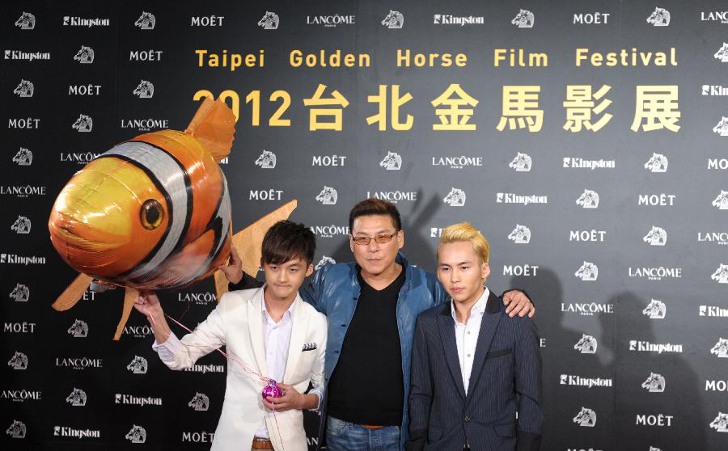The name of the festival and the award given out during the event is derived from the names of the two archipelagos Kinmen and Matsu controlled by the Republic of China. The combination of their first hieroglyphs is pronounced as “Kin Ma” and means “Golden Horse”. The Golden Horse Award is considered the Taiwanese equivalent of the Academy Award, it is one of the most honorable film awards in the Chinese-speaking world as well as in the Asian film industry.
Under current regulations, films from any country can participate in competition. Before 1996, films from mainland China had not been allowed to participate, but the ban was lifted by a liberalization act. All submissions are required to meet either of the two eligibility criteria: Chinese languages (of any variety, from Mandarin to Cantonese) should be used as dialogue in no less than half of the film or the directors and at least half of the main creative crew must be of Chinese origin.
The competition doesn’t focus solely on commercial feature films, it also includes independent and auteur films, documentaries and animation features. This approach has become subject to criticism because many Taiwanese citizens believe that it still cannot reduce the increasing commercialization of the country’s movie industry. Nevertheless, the Golden Horse Awards ceremony plays a significant role in the development of the film industry of Taiwan as well as helps to draw audience attention to Chinese-language films.
Along with competition screenings and the awards ceremony, the program of the Taipei Film Festival features non-competitive and special screenings, meet and greets and Q&A sessions with filmmakers and actors, seminars and workshops for young film directors, and a plethora of other events that make the festival one of the brightest and most important cultural events in Taiwan.

Photo: Xinhua/Yin Bogu




